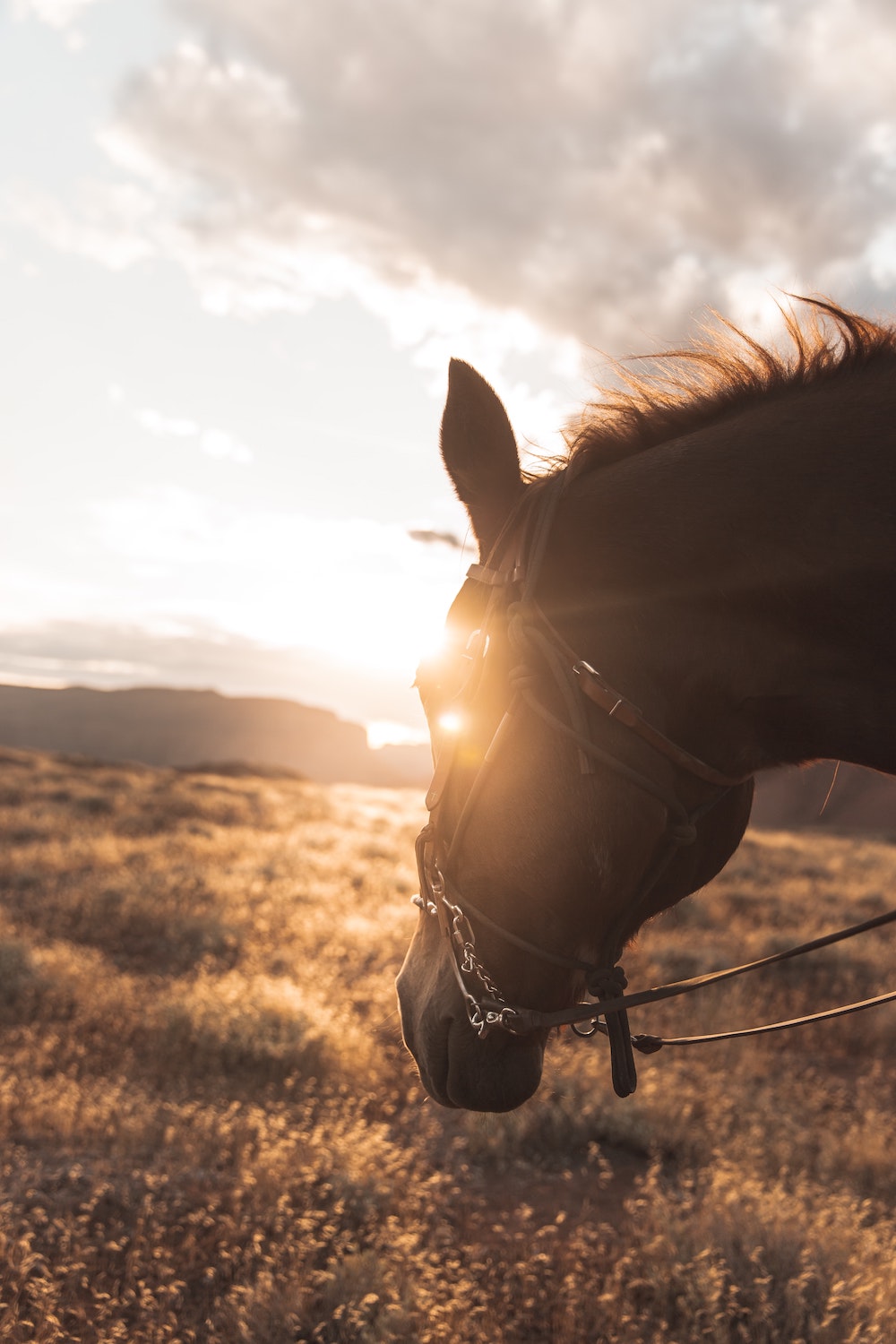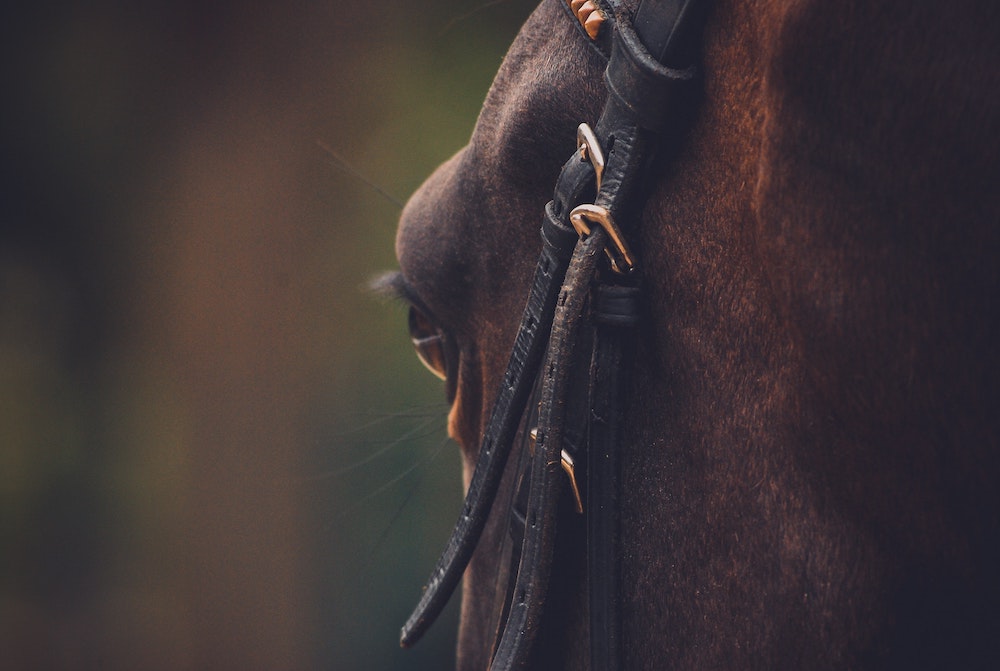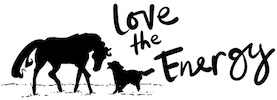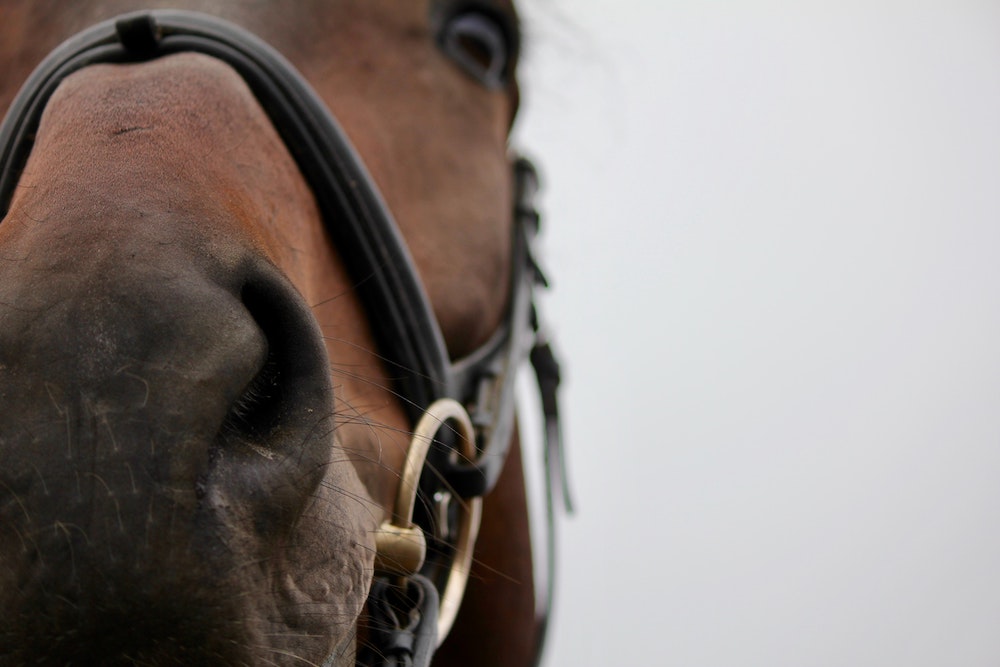Have you ever been consumed by thoughts about everything that might go wrong during your ride? For example: What if my horse spooks? What if I fall off? What if I‘m injured?
When Your Mind “Bolts”
Anxious thoughts have been one of my biggest struggles since my accident two years ago, when I had a traumatic brain injury after my horse bolted. I have mostly recovered and I’m riding a good horse. But my mind can still get stuck in that moment years ago, when I realized I was on a runaway animal. It’s always downhill from there. What begins with “what if my horse spooks?” quickly progresses into a worst case scenario. The idea of a spook leads to worry about an injury I won’t recover from this time. In a way my mind will “bolt” on me, spinning through a series of “what if’s” as soon as I swing my leg over.
Of course this in turn leads to my feeling anxious. Which makes me tense. Which makes my horse tense. And that makes it more likely that one of those imagined scenarios about will happen.
Not a great combination wouldn’t you agree?

This cycle of unwanted thoughts is challenging me to take a deep look at the patterns I’m allowing to happen. On a whim I picked up The Power of Now, a book by Eckhart Tolle that I haven’t read in years. Re-reading his teachings with my equestrian goals in mind is proving incredibly helpful – and my riding is transforming.
Noticing the Voice
It began by noticing the voice in my head. The one that is constantly commenting on my ride and telling me about things that could go wrong, but haven’t actually happened. Here is how Eckhart describes it:
When someone goes to a doctor and says, ” I hear a voice in my head,” he or she will most likely be sent to a psychiatrist. The fact is that… virtually everyone hears a voice… in their head all the time: the involuntary thought process that you don’t realize you have the power to stop.
The voice comments, speculates, judges, compares, complains, likes, dislikes and so on. [It] isn’t necessarily relevant to the situation you find yourself in at the time; it may be reviving the recent or distant past or rehearsing or imaging possible future situations. Here it often imagines things going wrong and negative outcomes; this is called worry... Even if the voice is relevant to the situation at hand, it will interpret it in terms of the past… So you will see and judge the present through eyes of the past and get a totally distorted view of it. It is not uncommon for the voice to be a person’s own worst enemy.
ECKHART TOLLE, THE POWER OF NOW, PG. 17-18.
These passages from The Power of Now exactly described what was happening. There is a voice in my head – the inner narrative – that is constantly speculating on what might happen when I ride. It imagines the worst case scenario, using my accident as the lens through which it interprets everything else. But the truth is I’ve fallen off horses at least three other times that I can remember. And the horse I rode before, is not the horse I am riding now.
There is a difference between the situation I’m in now, and what the mind was saying about that situation. By allowing my narrative to interpret everything through the past, I was totally missing the reality of the present.

What Would it be Like to Ride Without a Mental Commentary?
Noticing my mental commentary began to change everything. The thoughts I had concerning my riding did not reflect what was actually happening. Nothing bad was happening. Could a spook occur? Sure. But it was not happening right now.
Our minds love to dwell upon difficult situations, real or imagined. But I was ready to get off the “runaway horse.” So, I began an experiment. I asked myself: What would my rides be like if I did not add any commentary to the experience?
Practicing At Home, Then the Barn
I began practicing at home and was amazed by how much commentary there is. Constantly. About everything. The weather. COVID. Climate change. Dirty dishes. Motherhood. All the things, big and small. The truth is my inner voice was making be anxious all the time, so of course that translated into my riding.
So, every time I caught my narrative spiraling into what ifs, I brought my attention back to this moment. The clicking of my keyboard as I write this post. The fragrance from the mug of green tea on my desk. The feeling of my thighs on the chair.
Then I tried this at the barn. And a ride that would have been filled with a stream of “what ifs,” became a series of noticing things. My horse is walking. My left lower leg needs to be further back. (It has a mind of its own.) My horse is drifting to the inside, remember outside rein and inside leg.
A veil was lifted. And while I still slip into that stream of unconscious thought, it’s happening less often. And I keep practicing.
In fact, I recently had my best ride ever. I will write about that separately because there is another change I tried that made an impact. In the meantime, if you struggle with anxiety like I do, give this experiment a try. Become aware of the difference between the situation you are in and your mental commentary about it. I’d love to know what happens.
Riding with Eckhart is a series about the teachings of Eckhart Tolle and how they relate to horseback riding.

